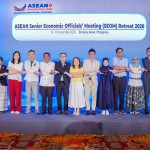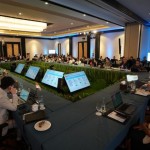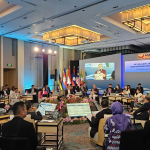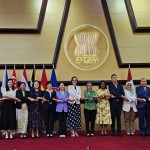Total number of posts 468.
After entering into force in its third year, the Regional Comprehensive Economic Partnership (RCEP) continues to receive interest in joining from several Economies.
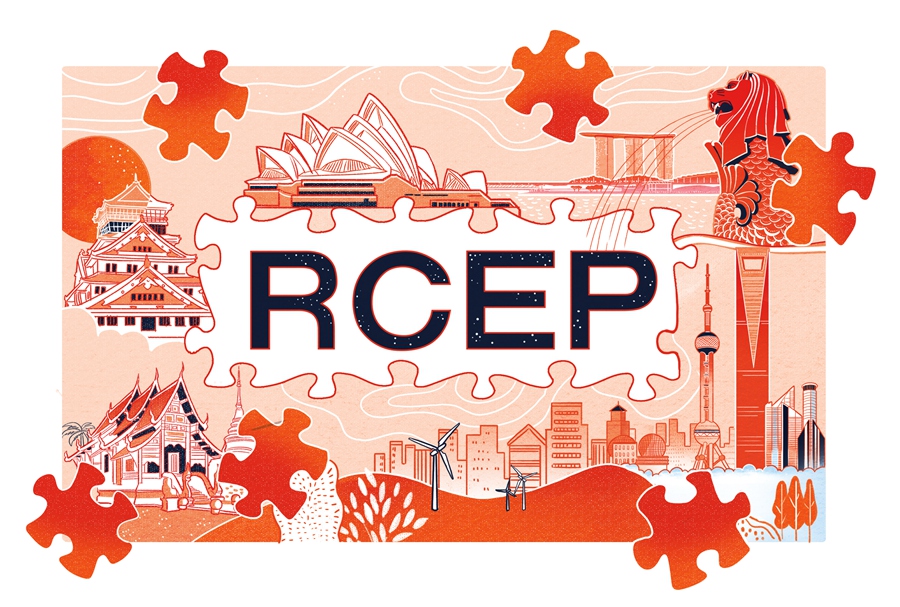
Chile and Bangladesh became the third and fourth economy to have movements demonstrating their interest and desire to join the world's largest free trade agreement, RCEP, in 2024. In June 2024, the Vice Minister for International Economic Relations of the Ministry of Foreign Affairs of Chile, Ms. Claudia Sanhueza Riveros, handed over an official letter of request to join RCEP. Meanwhile, the Ministry of Commerce of Bangladesh sent a letter of approval to the Ministry of Foreign Affairs of this country requesting Bangladesh to join the RCEP Agreement on 14 October 2024. This is the first official step for Bangladesh to seek accession to the RCEP Agreement.
If successfully joining the agreement, Chile will become the first Economy in South America to participate in the RCEP Agreement. As a country with a high degree of economic openness and with 33 negotiated free trade agreements covering 65 economies, accounting for 88% of the world's GDP, according to the U.S. International Trade Administration, Chile is expected to have opportunities to participate deeply in the RCEP bloc. The country is pursuing an open and free market economy, diversifying its export markets, and attracting foreign investment through trade agreements. Chile's accession to RCEP is expected to expand the scope of this trade agreement to South America, a region where ASEAN nations currently have no free trade agreements with any country.
Meanwhile, Bangladesh is expected to lose the preferential trade benefits it currently enjoys from 2026 when Bangladesh graduates from the list of the least developed countries (LDCs). This is an important reason for Bangladesh to seek proactively accession to the RCEP Agreement. According to the impact assessment of joining the RCEP Agreement by the Ministry of Commerce of Bangladesh, the country's GDP is expected to increase by 0,26 percent if she joins RCEP.
Earlier, Hong Kong and Sri Lanka have informed the ASEAN Secretariat on their desires to join RCEP. These two economies made the request in writing for accession in January 2022 for Hong Kong and June 2023 for Sri Lanka respectively.
The continued interest of additional economies in seeing accession to the RCEP Agreement indicates a recognition of the benefits and opportunities this Agreement offers, despite the increasing protectionism in the world and the slowdown of global trade. Despite such unfavorable conditions, the intra-RCEP trade turnover still reached 5.6 trillion USD in 2023, showing a slight increase compared to 2021, the year before the entry into force of the RCEP Agreement, according to data from China’s Ministry of Commerce.
At the Fifty-Sixth ASEAN Economic Ministers (AEM) Meeting and related meetings held in Vientiane, Lao PDR in September 2024, RCEP member countries continued discussions on completing the Accession Procedures to the RCEP Agreement (AP). According to the provisions of the RCEP Agreement, the RCEP is open for accession 18 months after it enters into force on January 1, 2022. The AP will play an important role for RCEP member countries to officially begin considering and reviewing applications for accession to the RCEP Agreement from several economies.







